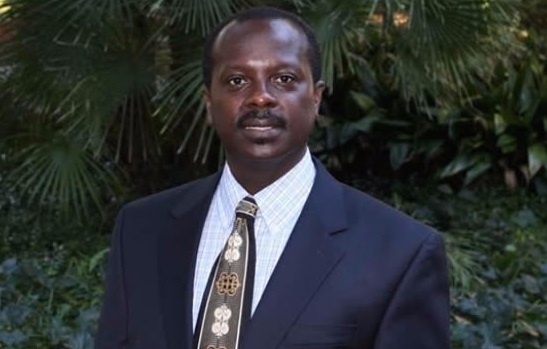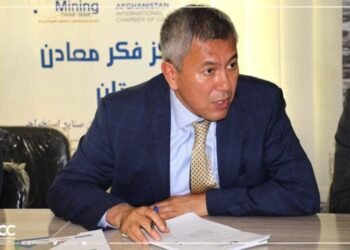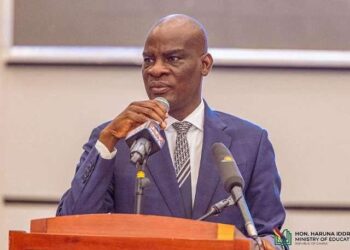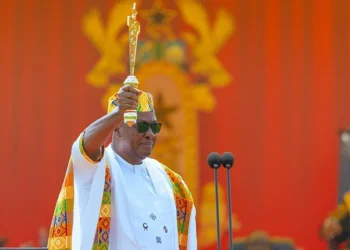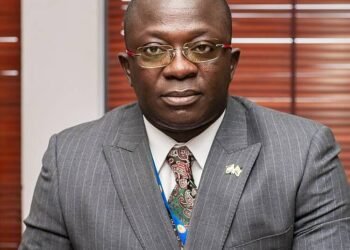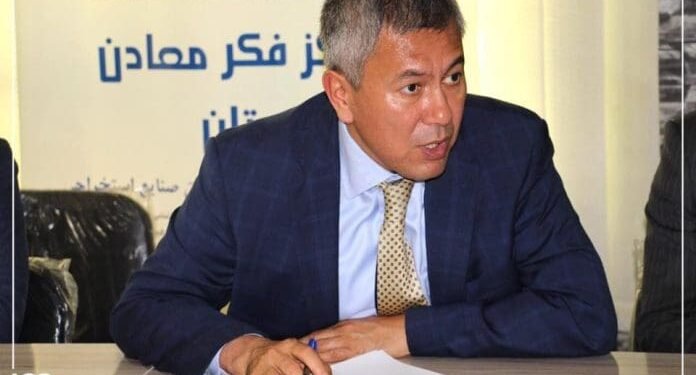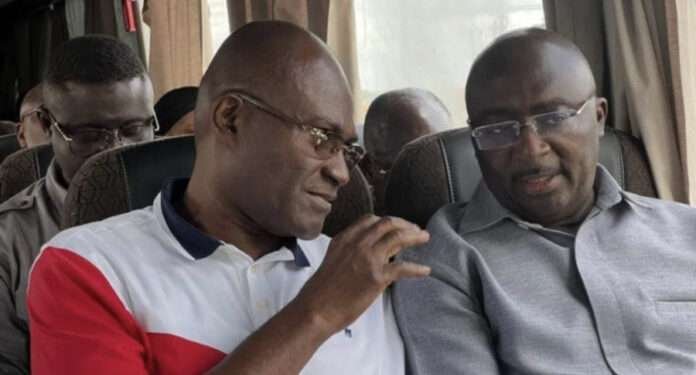Professor Stephen Kwaku Asare (Kwaku Azar), a Democracy and Development Fellow in Public Law and Justice at the Centre for Democratic Development (CDD-Ghana), has strongly called for strict adherence to legal procedures on the removal process of high-ranking public officers under Article 146 of the 1992 Constitution.
In a statement emphasizing constitutional safeguards, the distinguished legal scholar underscored that the removal of public officers in Ghana follows a carefully structured two-stage process designed to balance accountability with fairness.
According to Professor Asare, under Article 146 of the 1992 Constitution, certain high-ranking public officers, including the Chief Justice and Justices of the Superior Courts, can only be removed through a structured process that begins with the establishment of a prima facie case.
“Central to this framework is the requirement that a prima facie case be established before a full investigative committee is constituted (…Agyei-Twum v Attorney-General [1998-99] SCGLR 732).
“This threshold determination is not a trial, nor an inquiry. It is a constitutional filter—an initial check to determine whether the petition is serious enough to warrant a full investigation.”
Professor Stephen Kwaku Asare, Legal Scholar and D&D Fellow in Public Law at CDD-Ghana
According to him, allowing the officer in question to respond at this preliminary stage would collapse the two-stage process into a single, premature inquiry, inviting unnecessary rebuttals and counter-responses that could undermine the integrity of the removal process.
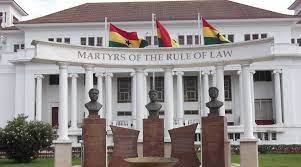
Silence at the Initial Stage: A Deliberate Constitutional Design
Professor Asare maintained that the Constitution deliberately does not grant a public officer facing a petition the right to respond before a prima facie case is determined.
He argued that this is not an oversight but a well-considered legal safeguard designed to maintain the objectivity of the process.
“Until then, the petitioned officer is entitled to silence, not because their voice doesn’t matter, but because the constitutional design insists on separating filtering from adjudication”.
Professor Stephen Kwaku Asare, Legal Scholar and D&D Fellow in Public Law at CDD-Ghana
The scholar warned that permitting the officer to respond too early would politicize the process, exposing it to manipulation and compromising its integrity.
He pointed out that if every petition required an immediate response, it would set off an endless cycle of counter-responses, turning what should be an administrative filter into a prolonged legal battle.
Professor Asare’s statement is particularly relevant in light of recent developments involving Chief Justice Gertrude Torkonoo.
The Chief Justice, in an official letter, requested President Mahama to provide her with copies of the three petitions seeking her removal after the President referred the petitions to the Council of State for consultation.

By constitutional design, the role of the Chief Justice under Article 146(3) is to determine whether a prima facie case has been made against a Justice of the Superior Courts, while the President, under Article 146(6), plays a similar role when the petition concerns the Chief Justice.
Professor Asare stressed that this initial determination is not an inquiry and that only after a prima facie case is found does the process move to a full committee investigation, where the accused officer has the right to defend themselves.
“To be clear: the right to be heard is preserved—but it is only triggered after a prima facie case is found and a committee is established. That is the proper forum for inquiry, evidence, and defence”.
Professor Stephen Kwaku Asare, Legal Scholar and D&D Fellow in Public Law at CDD-Ghana
Implications for Justice and Good Governance
The legal scholar strongly contended that strict adherence to the constitutional process is essential to safeguard both public officers from politically motivated petitions and the credibility of the judicial removal process itself.
“The Constitution does not permit trial by ambush, nor does it allow procedural shortcuts. Until a prima facie case is established, there is no case to answer—and no hearing to be had”.
Professor Stephen Kwaku Asare, Legal Scholar and D&D Fellow in Public Law at CDD-Ghana

His statement, though not directed at any specific case, serves as a strong caution against any procedural distortions that could undermine constitutional integrity.
It also reinforces the need for a strict interpretation of legal provisions to avoid unnecessary political interference in judicial processes.
Professor Asare’s argument feeds into the broader conversation on judicial independence and the potential misuse of the removal process for political ends.
His position aligns with legal scholars who argue that any deviation from the established process could open the floodgates to frivolous and vexatious petitions designed to intimidate judicial officers..
READ ALSO: DKB Criticizes Deceitful Actions Among African Leaders

